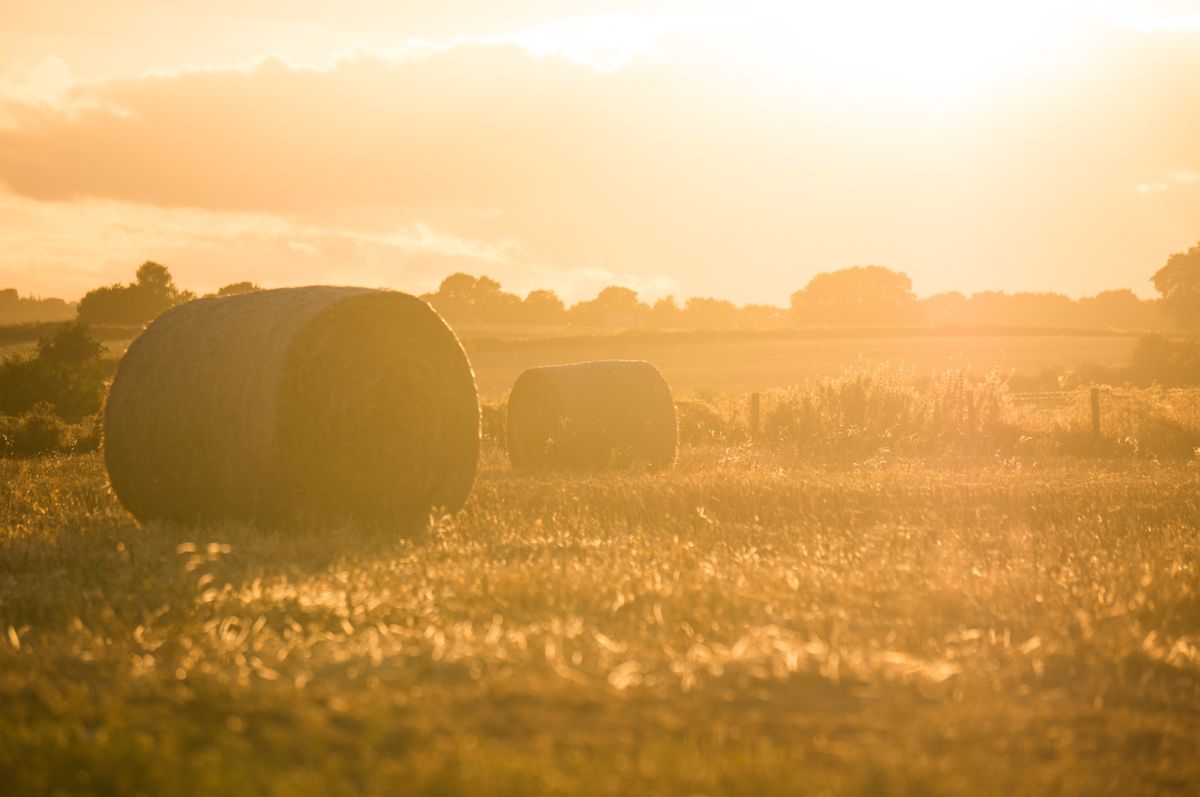Themes of Ruth, Part 4: Boaz’s Wisdom
The book of Ruth speaks of Boaz as a “worthy man” (Ruth 2:1, ESV). This word in Hebrew is gibbor...

Originally published in Issue #17 on July 23, 2021
In a recent group Bible study, we have been working through the book of Ruth. As we go, I’ve been using Judges, Ruth: Revised Edition (The NIV Application Commentary) | K. Lawson Younger 📚 for extra personal study. I’d like to share some thoughts and reflections with you as I’ve been traveling through Ruth. If you have not read the book recently, these reflections will make more sense if you spend 10 minutes and read the book first.
Boaz’s Character
The book of Ruth speaks of Boaz as a “worthy man” (Ruth 2:1, ESV). This word in Hebrew is gibbor and is usually used to speak of a mighty warrior. In this context though, it certainly refers to Boaz’s strength of character rather than his physical strength. He is well-known as a man of character.
There are probably many men of character, though, right? In Ruth 1:1, we learn that this tale takes place during the time of the judges when everyone did what was right in his or her own eyes (Judges 17:6). There was a famine in the land, and it probably happened because of Israel’s unfaithfulness. But we can go even further: in Ruth 1:19-21, the women of Bethlehem talk to Naomi about her return, yet no one seems to lift a finger to help two widows without food. No one, that is, except for Boaz. When Ruth was gleaning the field, it seems likely as Boaz arrived, she was leaving, perhaps because she was being sexually harassed while trying to draw water for herself (this seems to make the most sense of Boaz’s words in Ruth 2:8-9).
Boaz Keeps the Spirit of the Law
In Ruth 2:2, Ruth tells Naomi that she is going to look for a field to glean where she can find favor. Why does she need to look for favor though? Widows have the right to glean fields (Deut. 24:20). But it seems that this law was not often kept for widows like Ruth and Naomi. But Boaz doesn’t merely keep the letter of the law and allow Ruth to glean. He keeps the spirit of the law: God is concerned for the weak and powerless and commands the powerful to care for them. Boaz lets Ruth eat with him during the midday meal, he allows her to gather grain from the main crop, and he gives her extra food to take home to Naomi.
Boaz is Shrewd
Boaz not only knows the law, and not only keeps letter of the law, and not only keeps the spirit of the law, but he is shrewd in his application of the law for good.
When Ruth approaches Boaz with a proposal for marriage, Boaz knows the law and knows that there is another redeemer that has the right to marriage first (Ruth 3:11-12). He does the honorable thing and approaches the man directly, but his wording is clever.
The nearer redeemer could have agreed to take on both responsibilities. In fact, he is ready to redeem the field: “I will redeem it” (Ruth 4:4b). Thus for a brief moment, suspense builds. Will Boaz lose Ruth to this nearer nameless redeemer? But quickly the narrator relieves any troubling thoughts concerning this.
Boaz is a crafty fellow. He now drives home the second responsibility of the go’el: “On the day you buy (acquire the usufructary rights of) the land from Naomi, you also acquire Ruth the Moabite, the dead man’s widow, in order to maintain the name of the dead with his property” (v. 5).
The nearer redeemer is not up to fulfilling the social and moral responsibilities. He states: “Then I cannot redeem it because I might endanger my own estate [nahalah]. You redeem it yourself. I cannot do it.”
— (NIVAC: Judges, Ruth, Revised Edition, K. Lawson Younger, on section Ruth 4:1-8).
Boaz is crafty in how he approaches the problem to put the nearer redeemer between a rock and a hard place. He doesn’t hide anything that the nearer redeemer should know in order to make his decision, but he does present it in a way that makes the outcome he wants most likely. Jesus tells us, his followers, to do the same.
“Look, I’m sending you out like sheep among wolves. Therefore be as shrewd as serpents and as innocent as doves.
— Matthew 10:16 (CSB)
